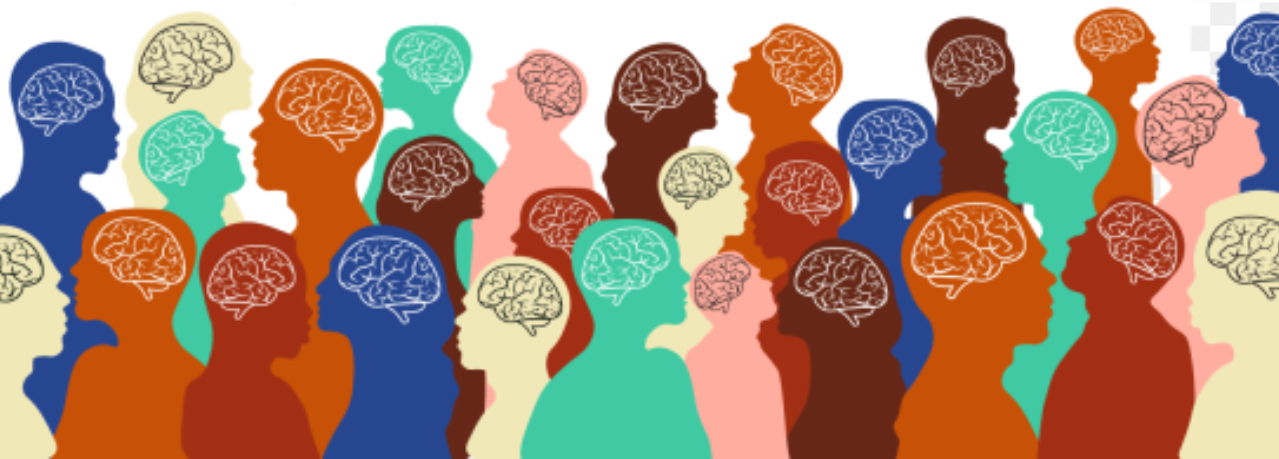In the world of psychology, the term “neurodiversity” has gained increasing recognition and importance. As society progresses, so does our understanding of the diverse ways in which individuals experience and navigate the world. Neurodiversity, as a concept, challenges traditional notions of normalcy and seeks to celebrate the unique strengths and perspectives of individuals with neurological differences. In this blog post, we’ll delve into what neurodiversity is and why embracing it is crucial for fostering an inclusive and supportive society.
Defining Neurodiversity:
Neurodiversity is a concept that recognises and values the natural variation in the human brain and the diversity of neurological traits among individuals. Rather than viewing conditions such as autism, ADHD, dyslexia, and other neurological differences as disorders that need to be fixed or normalised, neurodiversity advocates argue that these differences should be accepted and celebrated as part of the natural spectrum of human diversity.
Understanding the Neurodiversity Paradigm:
The neurodiversity paradigm challenges the traditional medical model, which pathologises and stigmatises neurological differences. Instead, it emphasizes the importance of accommodating and appreciating diverse cognitive styles, communication methods, and ways of processing information. By adopting this perspective, we shift our focus from attempting to “normalise” individuals to recognising and supporting their unique strengths and abilities.
Key Principles of Neurodiversity:
1. **Inherent Diversity:** Recognising that neurological differences are inherent and contribute to the rich tapestry of human diversity.
2. **Autonomy and Self-Advocacy:** Empowering individuals with neurodivergent traits to advocate for themselves and make choices that align with their preferences and needs.
3. **Strengths-Based Approach:** Identifying and capitalising on the unique strengths and talents associated with neurodivergent conditions, fostering a positive and inclusive environment.
4. **Accommodation and Accessibility:** Promoting environments that accommodate various cognitive styles and provide equal opportunities for neurodivergent individuals to thrive.
Why Neurodiversity Matters:
1. **Enhances Innovation:** Neurodivergent individuals often possess unique perspectives and problem-solving skills that can contribute to innovation and creativity in various fields.
2. **Fosters Inclusivity:** Embracing neurodiversity creates a more inclusive society, where individuals of all neurological backgrounds feel accepted and valued.
3. **Reduces Stigma:** By challenging stereotypes and promoting understanding, neurodiversity helps reduce the stigma associated with neurological differences, fostering empathy and acceptance.
Embracing neurodiversity is a crucial step towards creating a more inclusive and compassionate society. By shifting our perspective from viewing neurodivergent traits as deficits to recognising them as valuable variations of the human experience, we can build a world that celebrates diversity in all its forms. It is through understanding, acceptance, and support that we can truly harness the strengths that neurodivergent individuals bring to our communities and workplaces. Let us strive to create a world where every mind is embraced and celebrated for its unique contributions.




